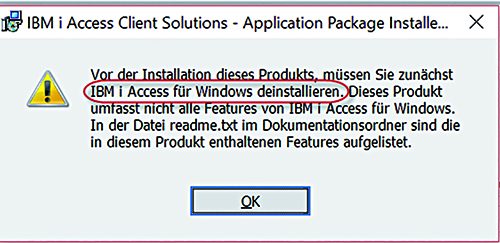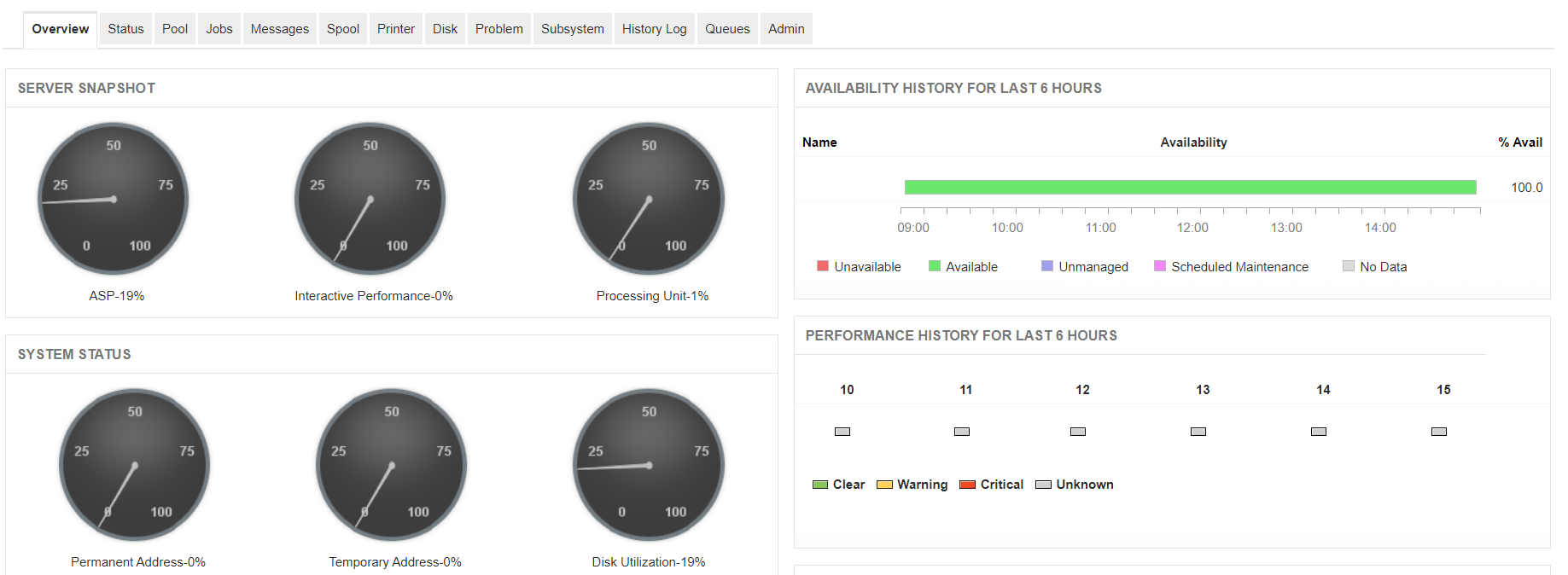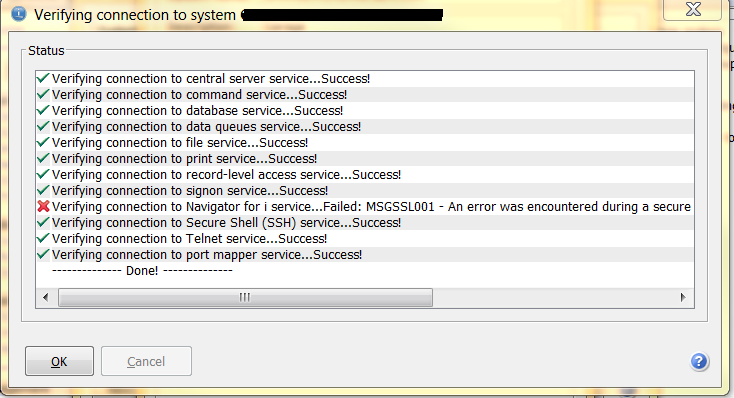

Install a binary package via pkg: pkg install node The most recent release of Node.js is available via the www/node port. It allows you to perform operations like install, uninstall, switch Node versions automatically based on the current directory, etc.įnm has cross-platform support (macOS, Windows, Linux) & all popular shells (Bash, Zsh, Fish, PowerShell, Windows Command Line Prompt).įnm is built with speed in mind and compatibility support for. fnmįast and simple Node.js version manager built in Rust used to manage multiple released Node.js versions. Packages compatible with Debian and Ubuntu based Linux distributions are available via Node.js snaps. Node.js binary distributions are available from NodeSource.

Node.js is available as a module called nodejs in CentOS/RHEL 8 and Fedora. pacman -S nodejs npm CentOS, Fedora and Red Hat Enterprise Linux Node.js and npm packages are available in the Community Repository. This command in Termux app will install the last available Node.js version: pkg install nodejsĬurrently, Termux Node.js binaries are linked against system-icu (depending on libicu package). For example, Termux community provides terminal emulator and Linux environment for Android, as well as own package manager and extensive collection of many precompiled applications. However, there are some third-party solutions.

CentOS, Fedora and Red Hat Enterprise Linux.If it turns out your issue is a bug in Node.js itself, the maintainer will report the issue upstream. Please report any issues you encounter to the package maintainer. Note: The packages on this page are maintained and supported by their respective packagers, not the Node.js core team.


 0 kommentar(er)
0 kommentar(er)
